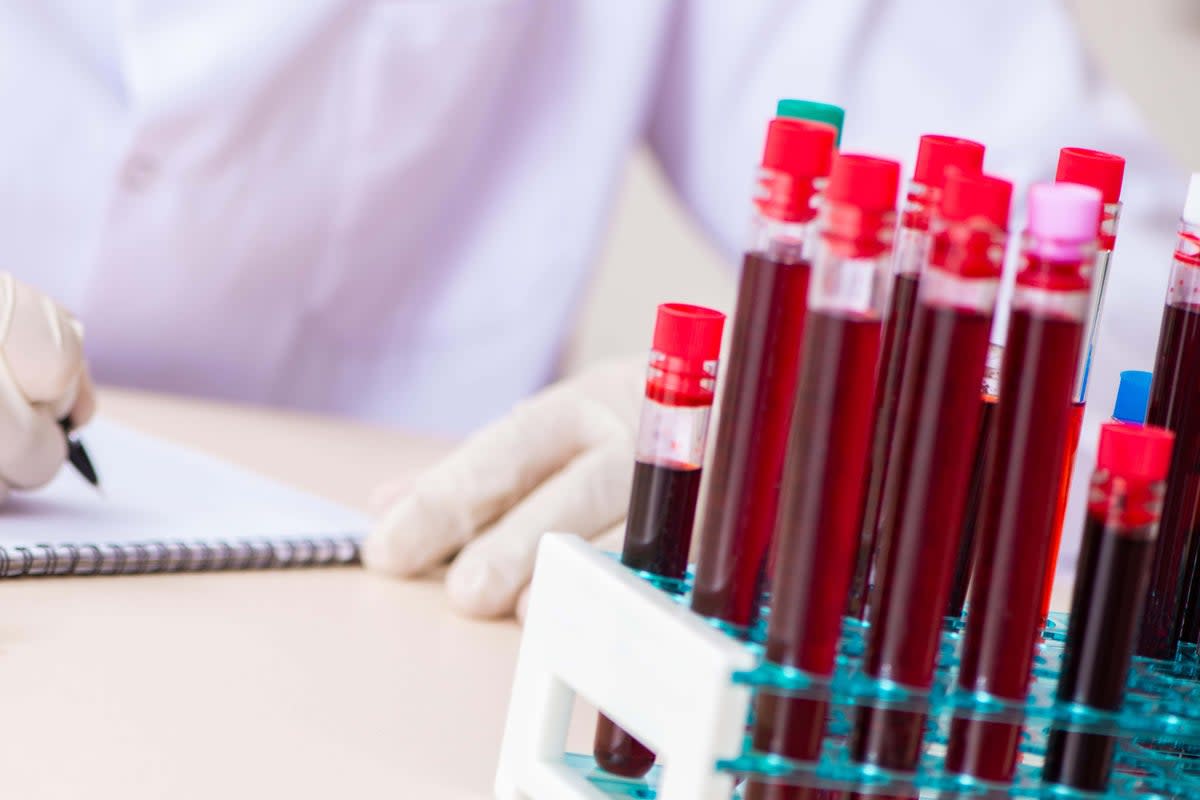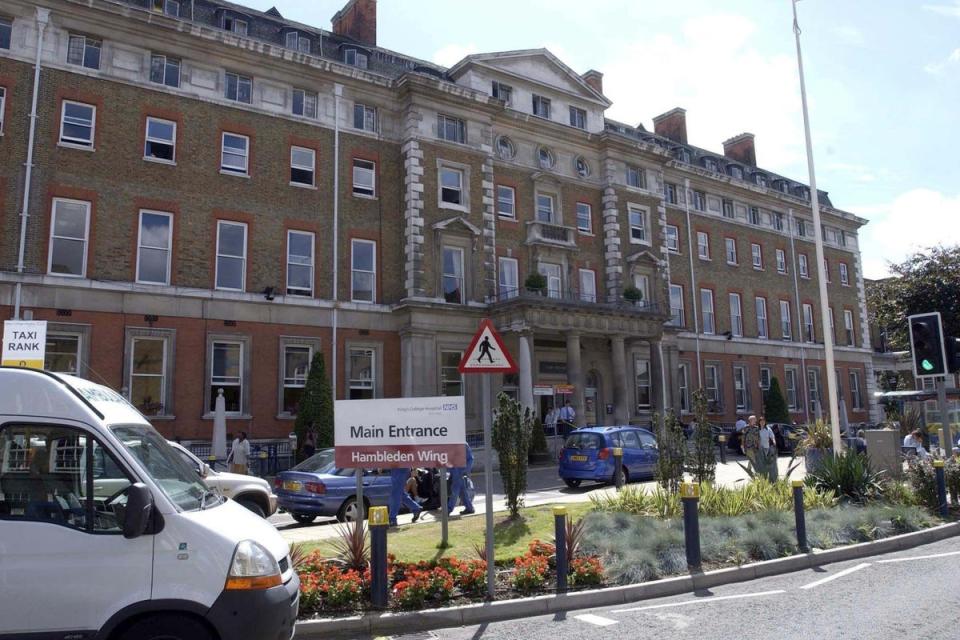Thousands of blood test samples set to be destroyed after NHS cyberattack

A major cyberattack has left GP practices in London only able to complete 400 blood tests out of 10,000 a day while thousands of patient samples are set to be destroyed, The Independent can reveal.
The attack, which has crippled hospital services run by Guy’s and St Thomas NHS Foundation Trust and King’s College Hospital NHS Foundation Trust, is also heavily impacting doctors’ surgeries.
Russian cybercriminals are believed to be behind the ransomware hack on pathology service provider Synnovis.
This publication revealed on Saturday that hospitals had to cancel more than 200 life-saving operations, and thousands of outpatient appointments including those under urgent cancer referrals.
Have you been impacted by this story? email rebecca.thomas@independent.co.uk
In a new leaked email obtained by The Independent today, Synnovis warned of problems with blood tests it usually carries out for GP practices in the south London boroughs of Bromley, Southwark, Lambeth, Bexley, Greenwich and Lewisham.
The email sent on Monday also said: “We regret that we received many more samples from primary care than we could process last week – around 8,000 serum samples for chemistry. These are stored in our fridges. We have been able to process around 3,000 full blood count samples, but cannot export results because we have no IT connectivity as described above.
“It is very likely that most will need to be discarded because the sample will have degraded, making results unreliable. Of those tests processed, we have phoned through all results that sit outside of critical limits, however, we have been unable to return any results electronically and are unlikely to be able to do so.”
The email, sent by Synnovis to GP and primary care services in London, said all phlebotomy appointments in Southwark and Lewisham which use Synnovis’ services have been cancelled until the end of June.
Synnovis is a partnership between the private company Synlab and the NHS, Guy’s and St Thomas’ NHS Foundation Trust, and King’s College Hospital NHS Foundation Trust.

In the update it added: “We normally process around 10,000 primary care blood samples a day, but at the moment we can only manage up to 400 from across all six boroughs. Despite the measures we know colleagues are taking to prioritise the most urgent samples, we are receiving many more than we can process and we have an increasing backlog.”
Practices have been asked to request only “critical” tests and told they should “apply this definition carefully” due to the “severe capacity limitations” labs are facing.
Synnovis warned GPs that “NHS service users are at increased risk of being targeted by a cyberattack” and urged them to be vigilant with phishing or spam emails.
According to the email, before the attack Synnovis was also processing a 70,000 backlog of tests it sends electronically to primary care providers.
The message added: “We’ve received several queries about the recent problems with Keystone – the system used to send test results electronically to primary care users. You will be aware we were processing a backlog of 70,000 test results prior to the cyberattack.
“Please be reassured that all of these results were safely returned to GPs before the cyberattack happened on Monday 3 June, so no results are outstanding. The Keystone issue was not linked to the cyberattack.”
Synnovis and NHS England have been approached for comment.

 Yahoo News
Yahoo News 
